TODAY’S GUEST POST IS FROM KATE LORD BROWN
Kate was born in Devon in the UK, but then worked as an international arts consultant, living in Europe and the Middle East. The Perfurmed Garden is her second book, following up on the success of The Beauty Chorus, which was also published by Corvus Atlantic in London.
“Re-reading Thomas Keneally’s excellent ‘Schindler’s Ark’ recently, something jumped out in his introduction. He said: ‘to use the texture and devices of a novel to tell a true story is a course which has frequently been followed in modern writing’. He went on ‘I have attempted to avoid all fiction … since fiction would debase the record, and to distinguish between reality and … myths.’
Crikey, I thought, is playing fast and loose with history to write page-turning novels really ‘debasing the record’? Historical fiction often uses the device of ‘real’ characters, situations and events woven in to a fictional storyline. Keneally seemed to be claiming something different – that his novel was factual, documentary. So when is a novel fiction, and when is it fact? What is the calibration of real history and fictional invention?
‘The Perfume Garden’ has a lot of ‘real’ characters – Hemingway and Gellhorn, Robert Capa and Gerda Taro, for example, and I’ve spent years researching the Spanish Civil War to get the historical details as perfect as possible. It also has a lot of my real life – the setting is based on the years my husband and I lived in the orange groves near Valencia in Spain. But it’s still fiction.
I’ve always loved stories like this – indeed, while my husband trained as a pilot in Valencia, and we were short on books and cash, I read my way through his entire collection of McDonald Fraser’s ‘Flashman’ tales one long hot summer as I waited for my first child to be born. The thought that there should be equally ripping yarns with remarkable fictional women transposed into historical settings struck me then.
I love forgotten histories – women who flew Spitfires, in my debut ‘The Beauty Chorus’, and now the remarkable women soldiers, war photographers and nurses of the Spanish Civil War. I love the shadowy, unnamed people in the backgrounds of old photographs, and look for the holes in the real stories where my fictional characters can slip into the action. Hopefully if I’ve done my job, fact and fiction weave together seamlessly.
[youtube http://www.youtube.com/watch?v=qViezOftdpM&w=420&h=315]
Is that ‘debasing the record’? This argument doesn’t seem to come up with movies – perhaps there’s more of an expectation that books should tell the truth. So, what do you think – fact, fiction, or faction?
‘The Perfume Garden’ by Kate Lord Brown is published by Atlantic on June 1st 2012
http://perfumegarden.blogspot.com/
Available at Amazon, http://www.amazon.co.uk/Perfume-Garden-Kate-Lord-Brown/dp/1848879334


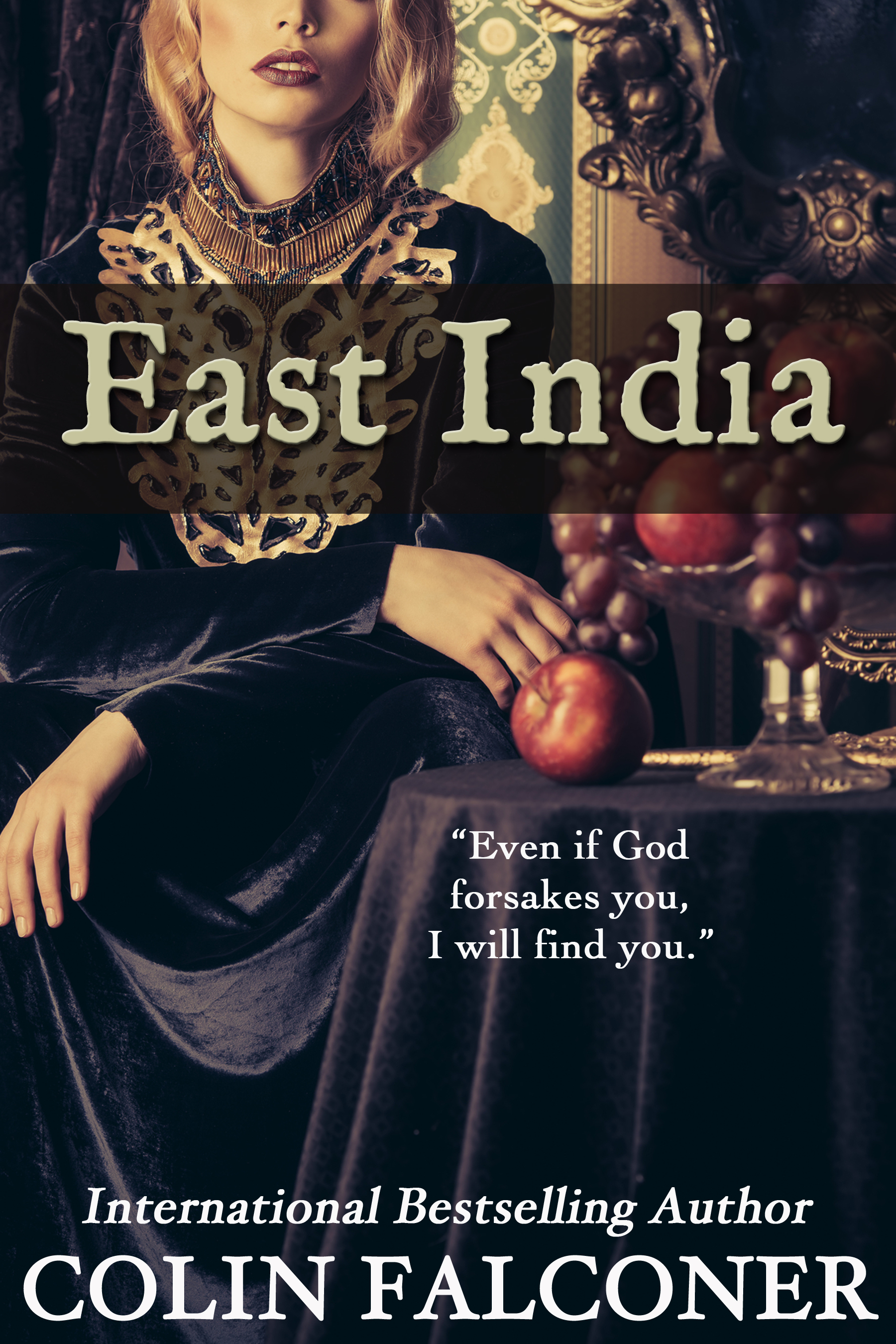
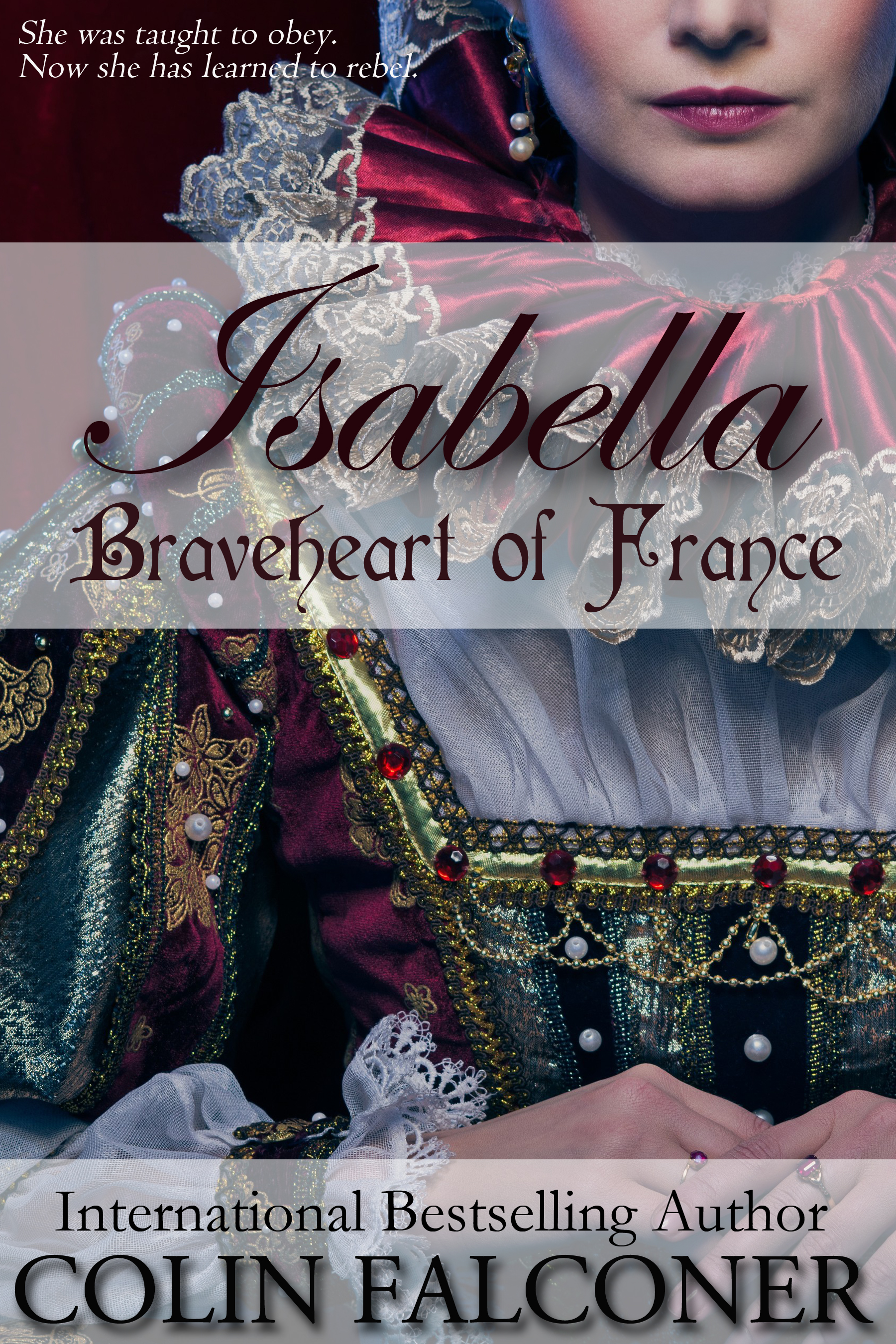
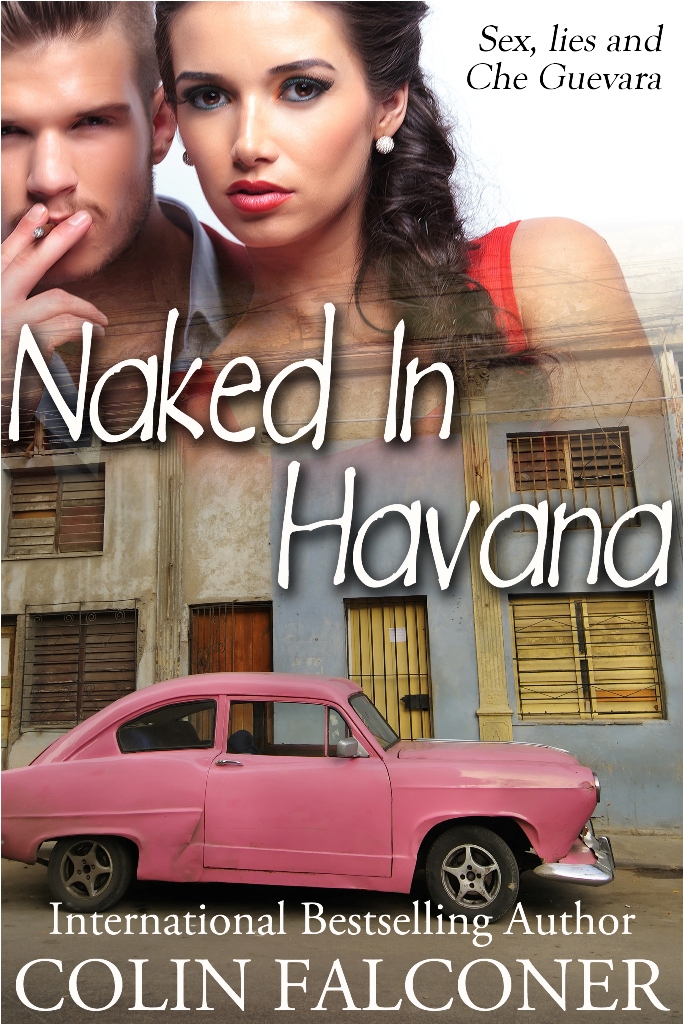
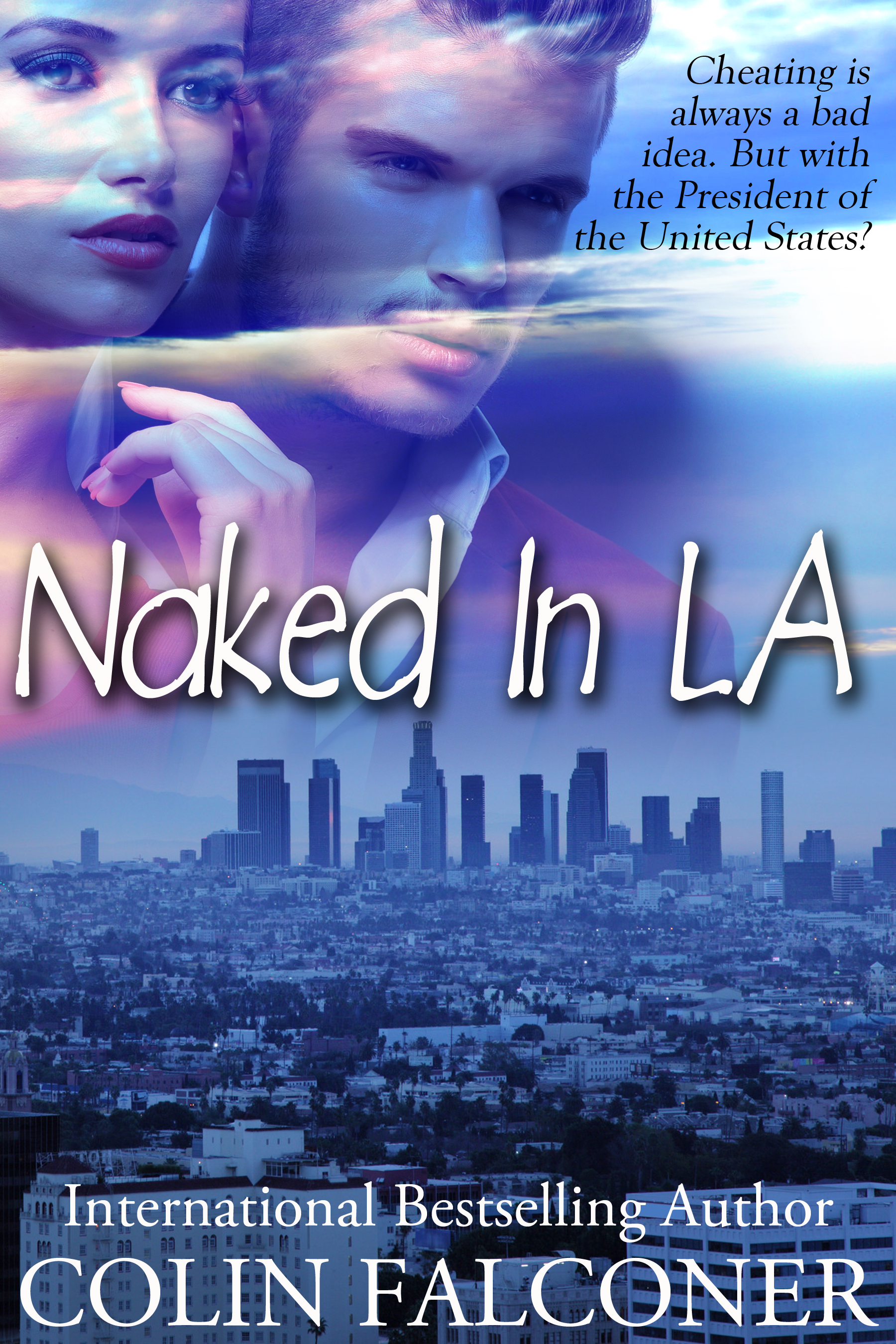
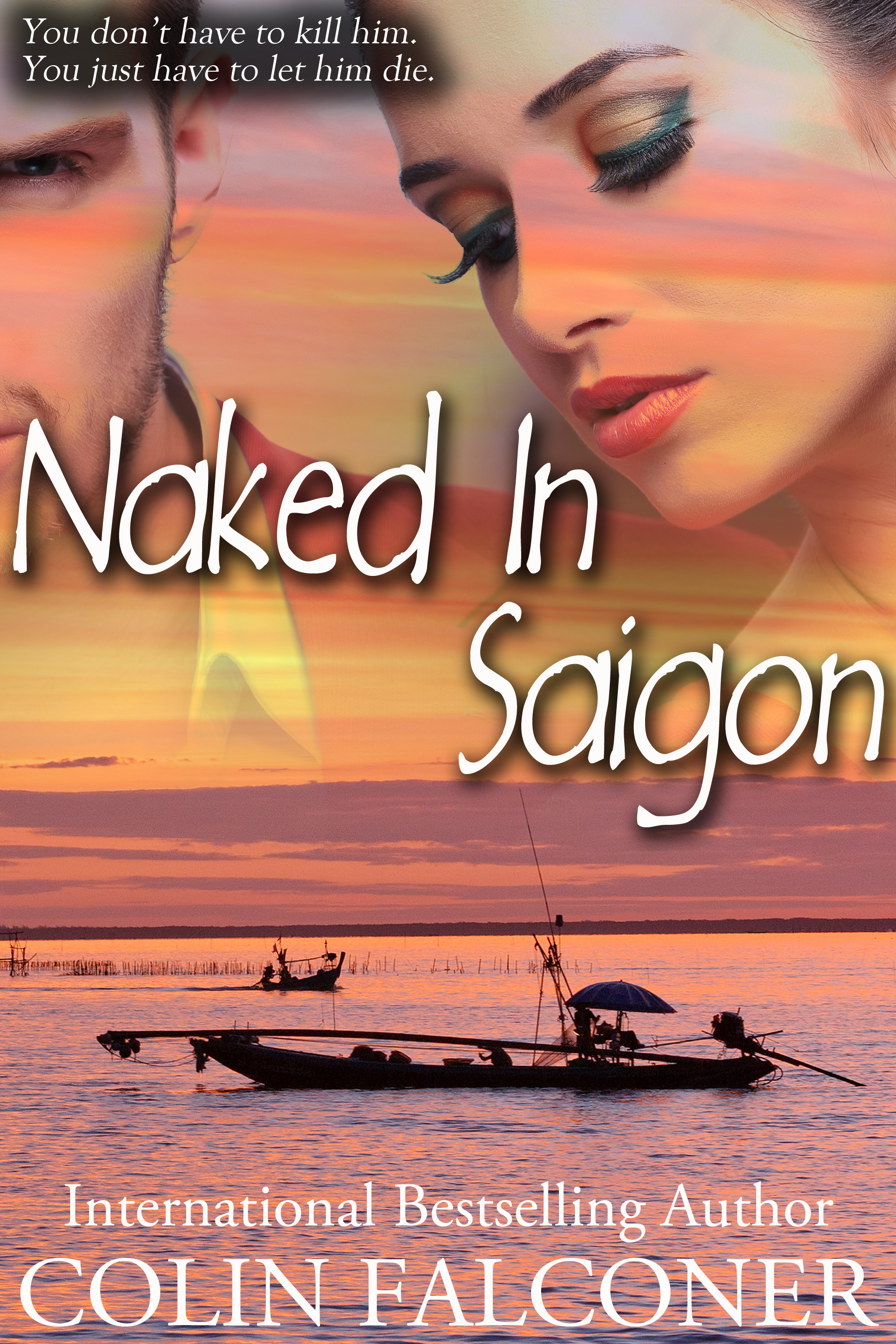
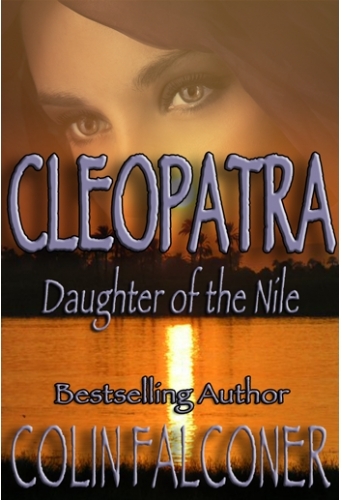



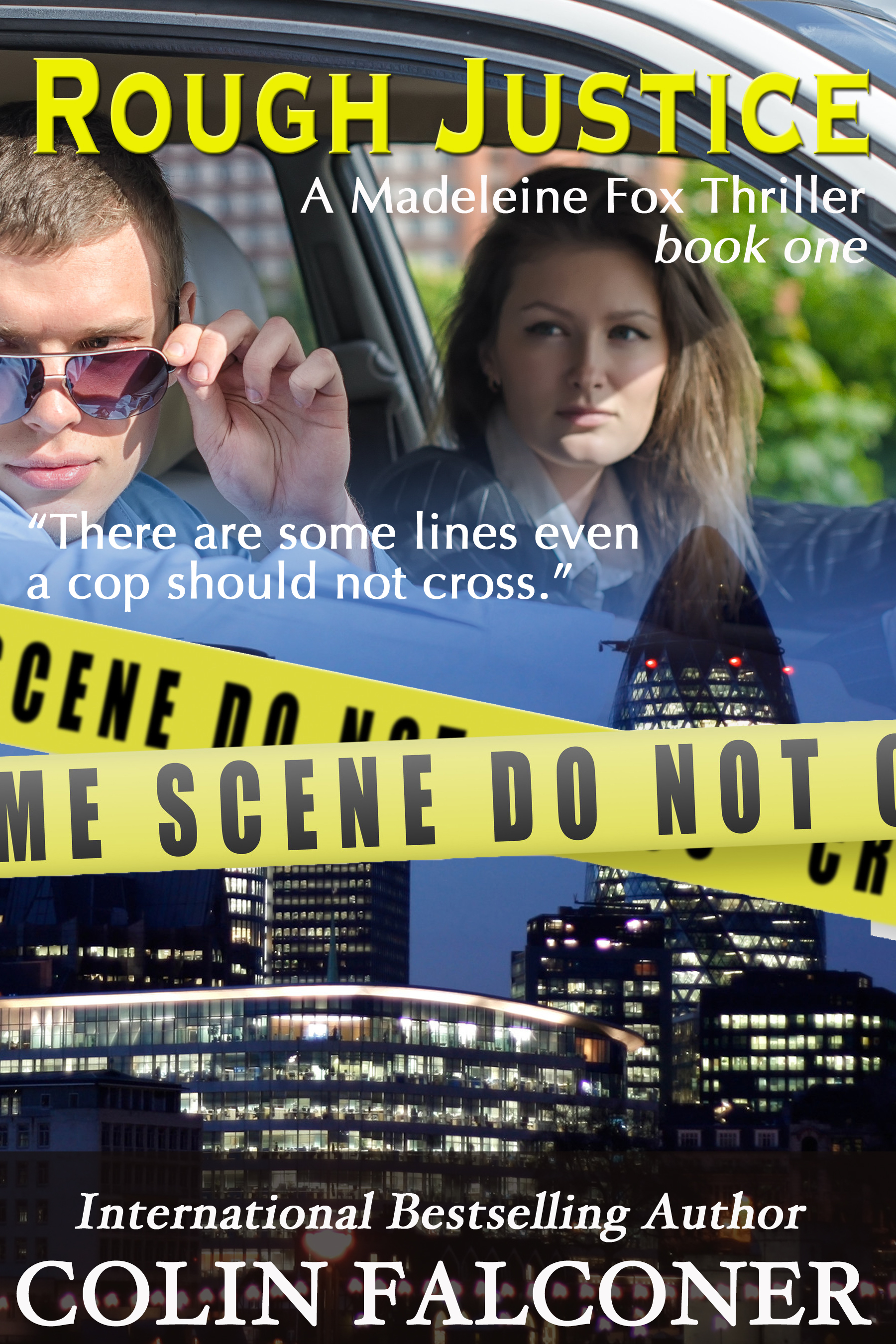
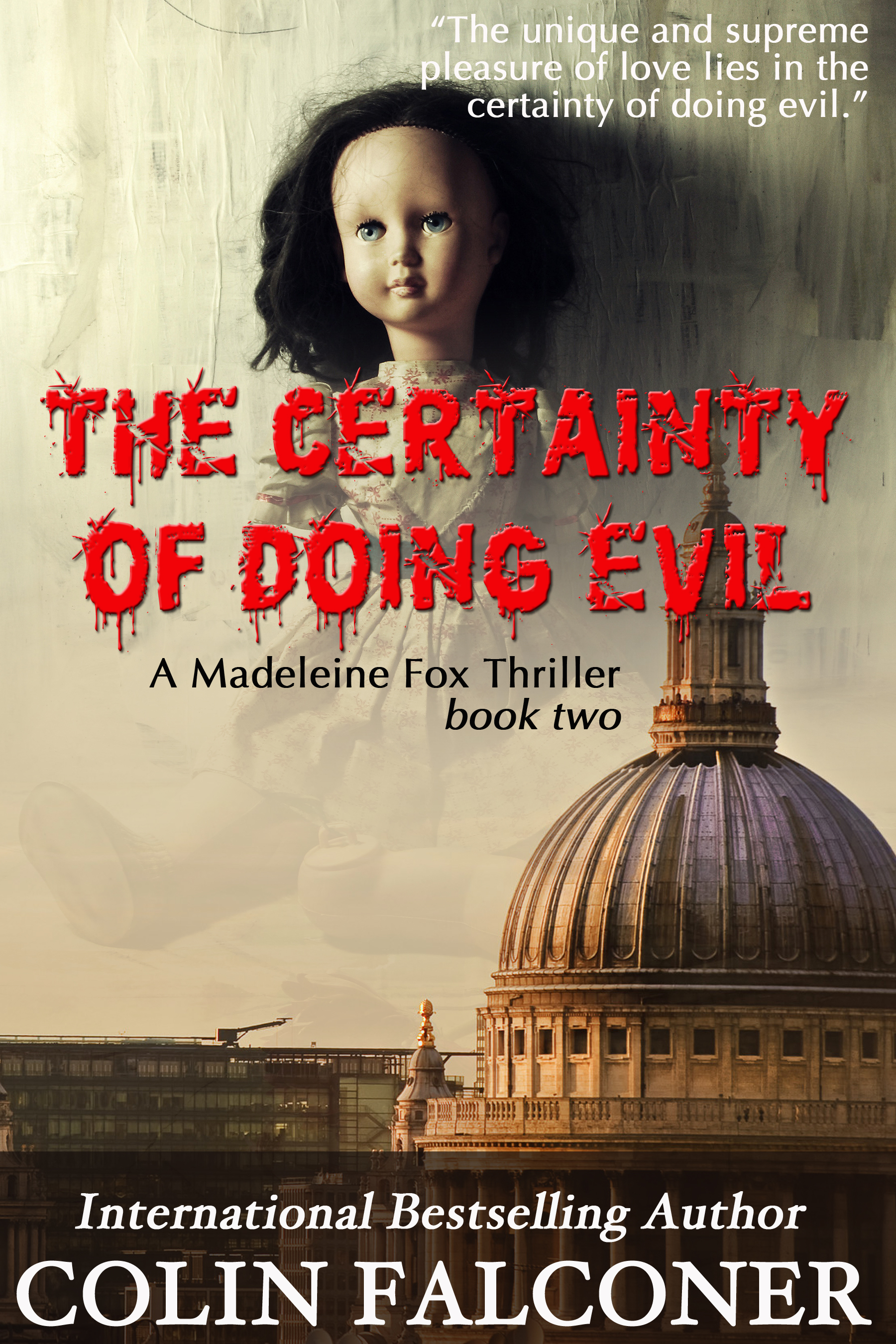
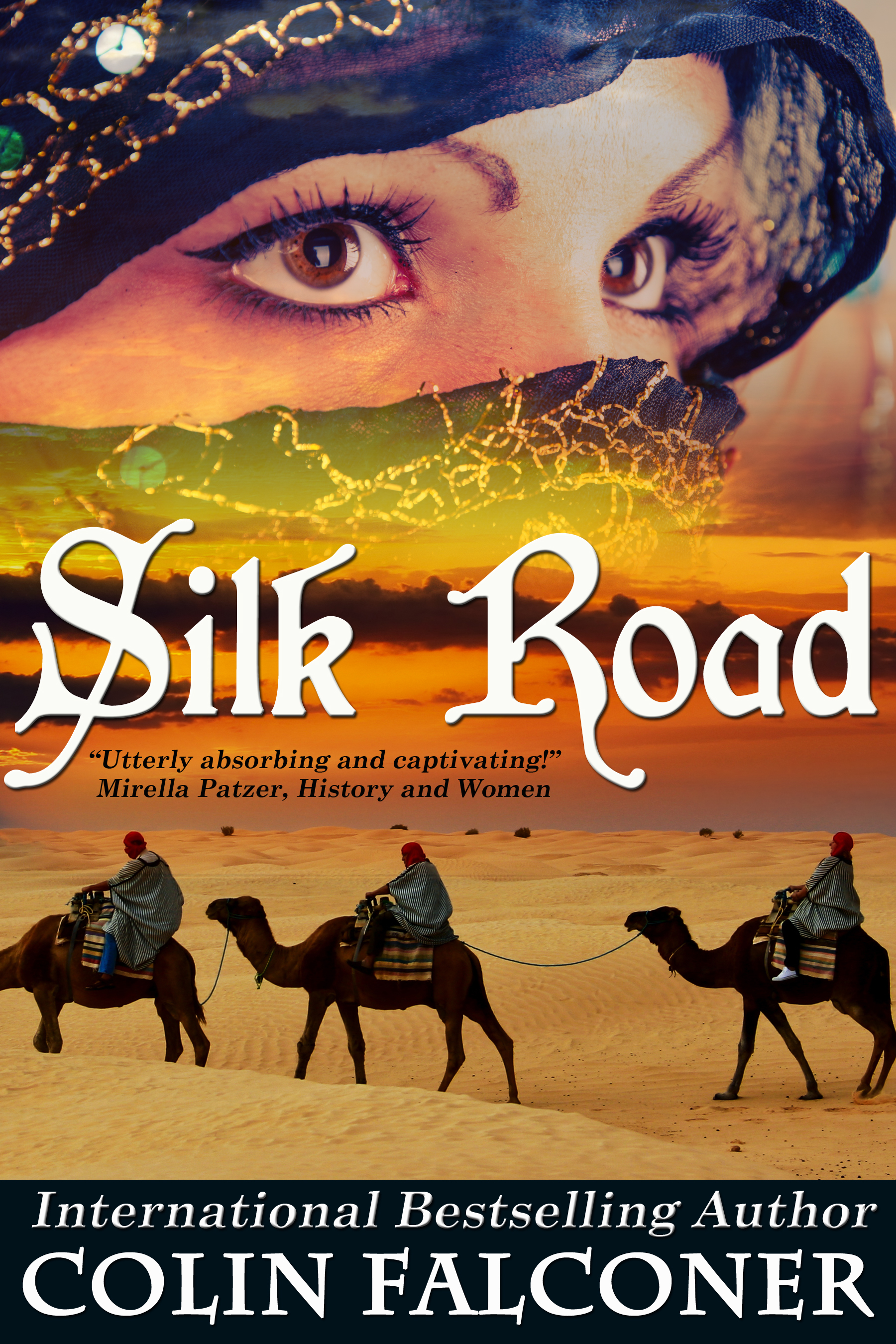
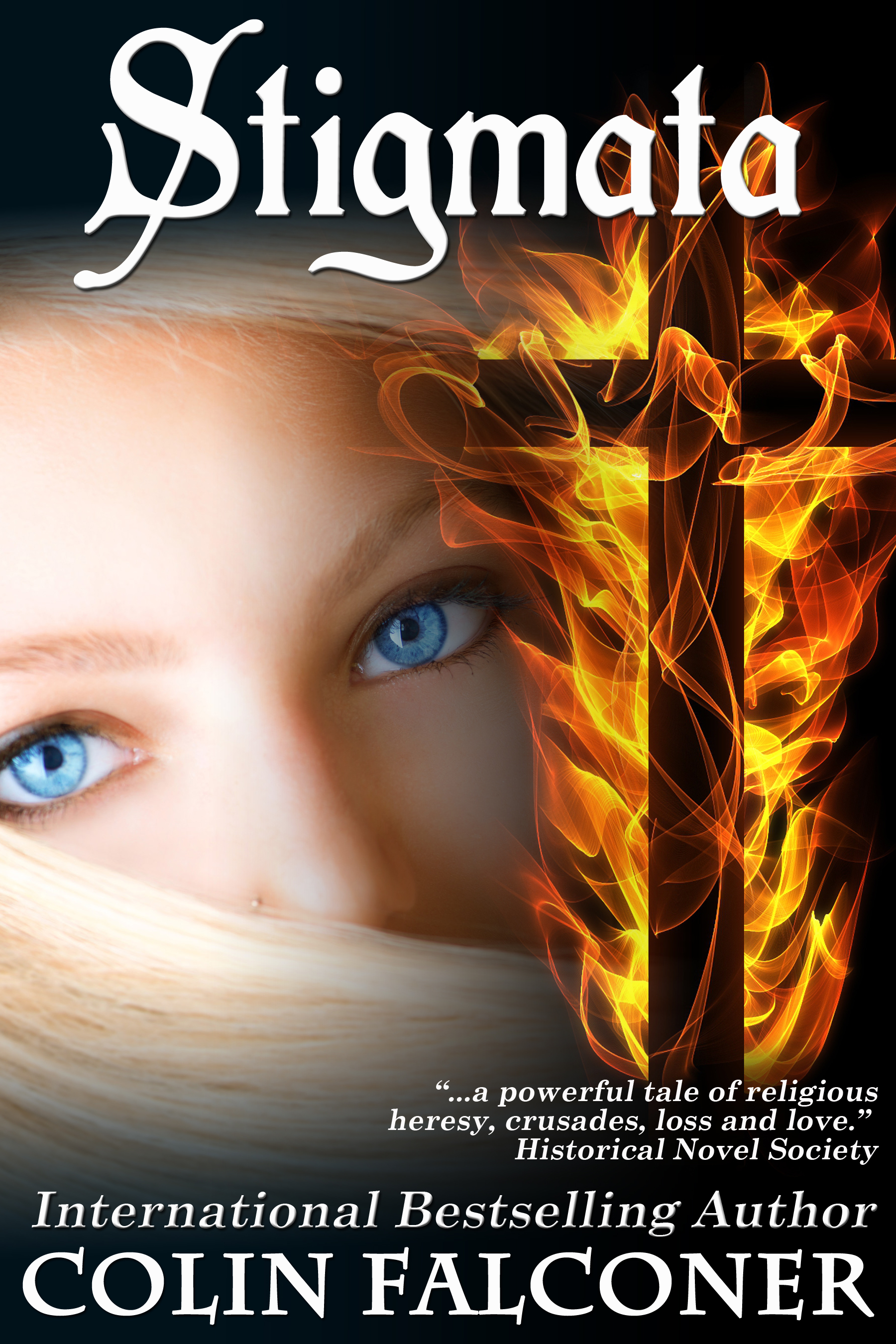
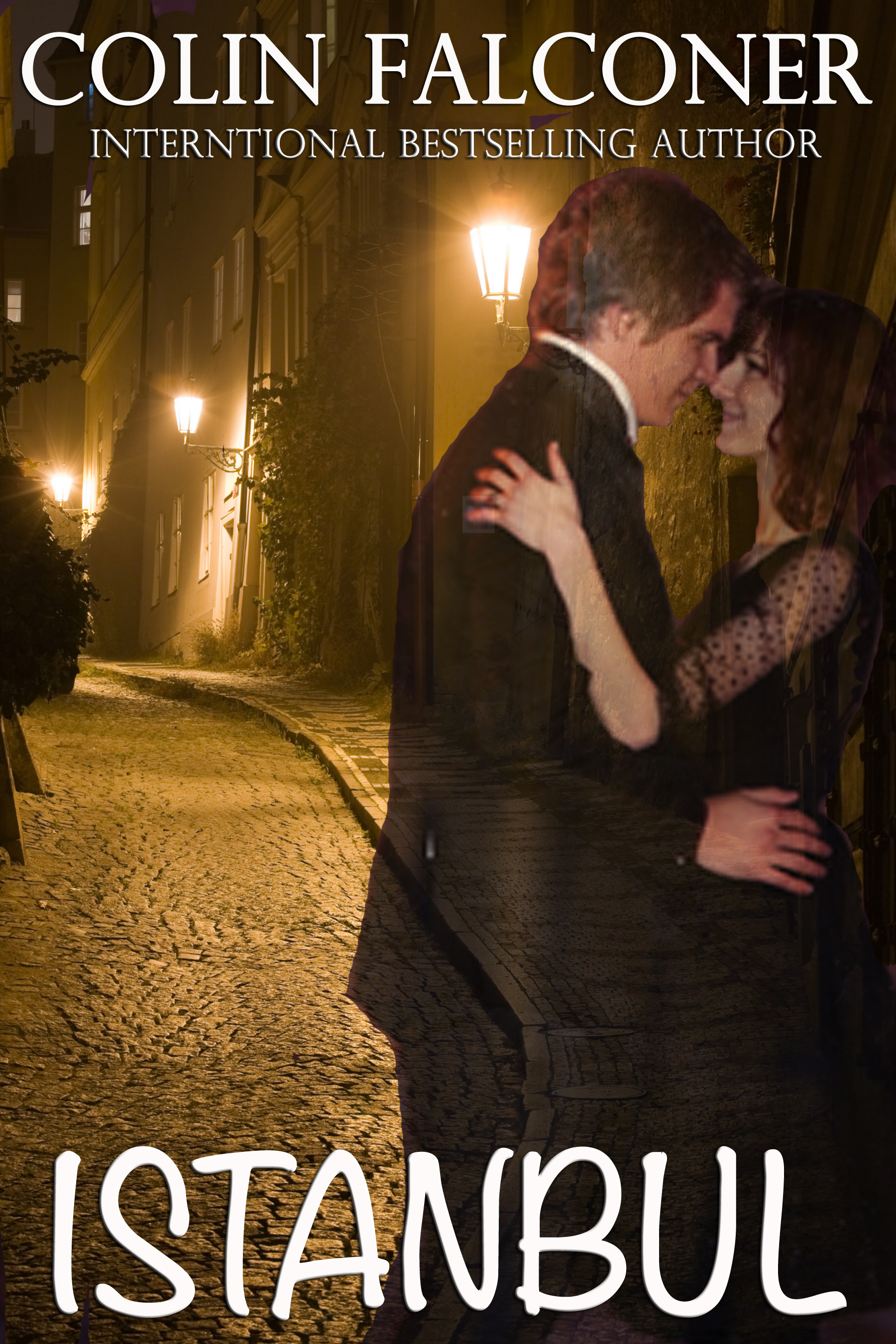

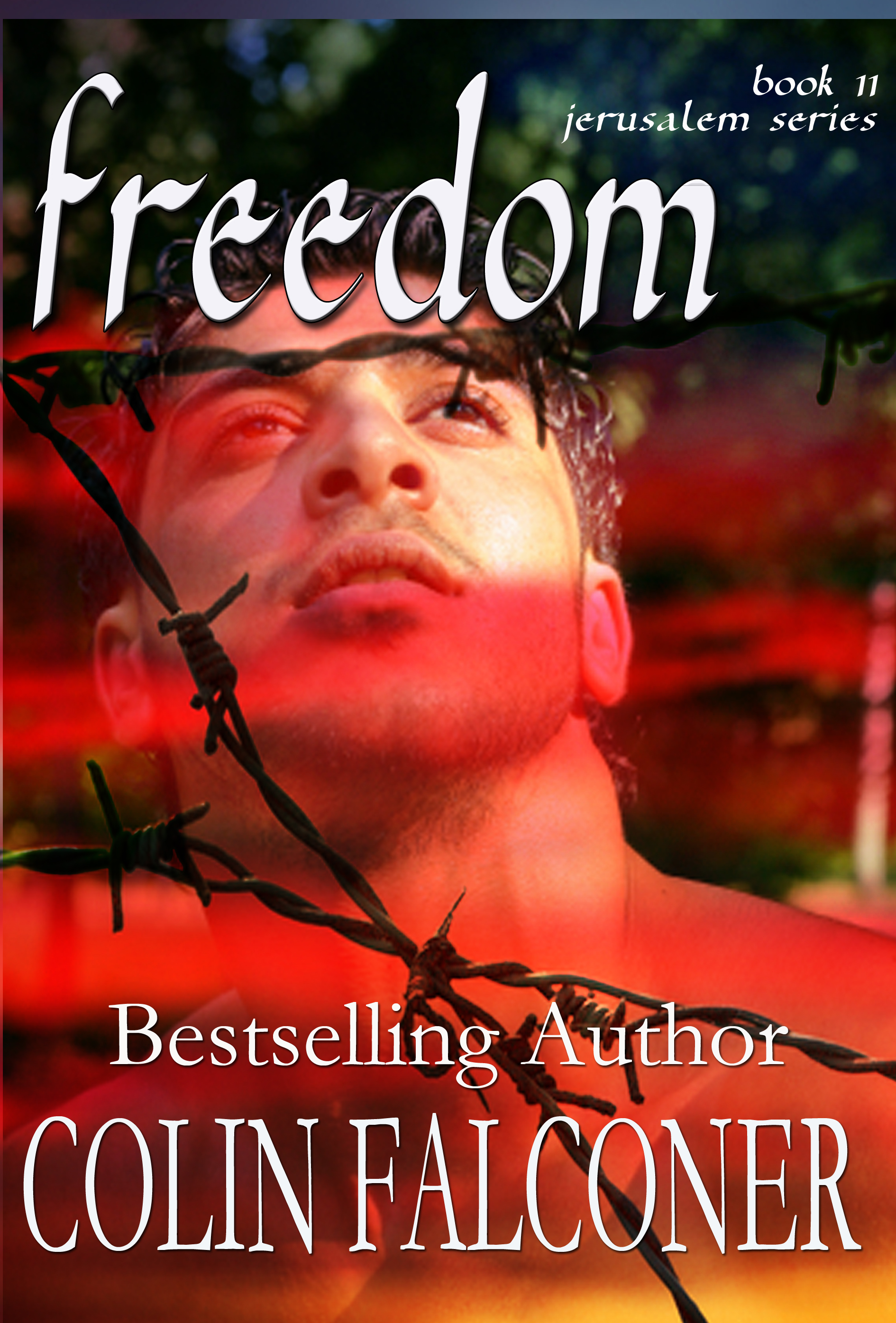


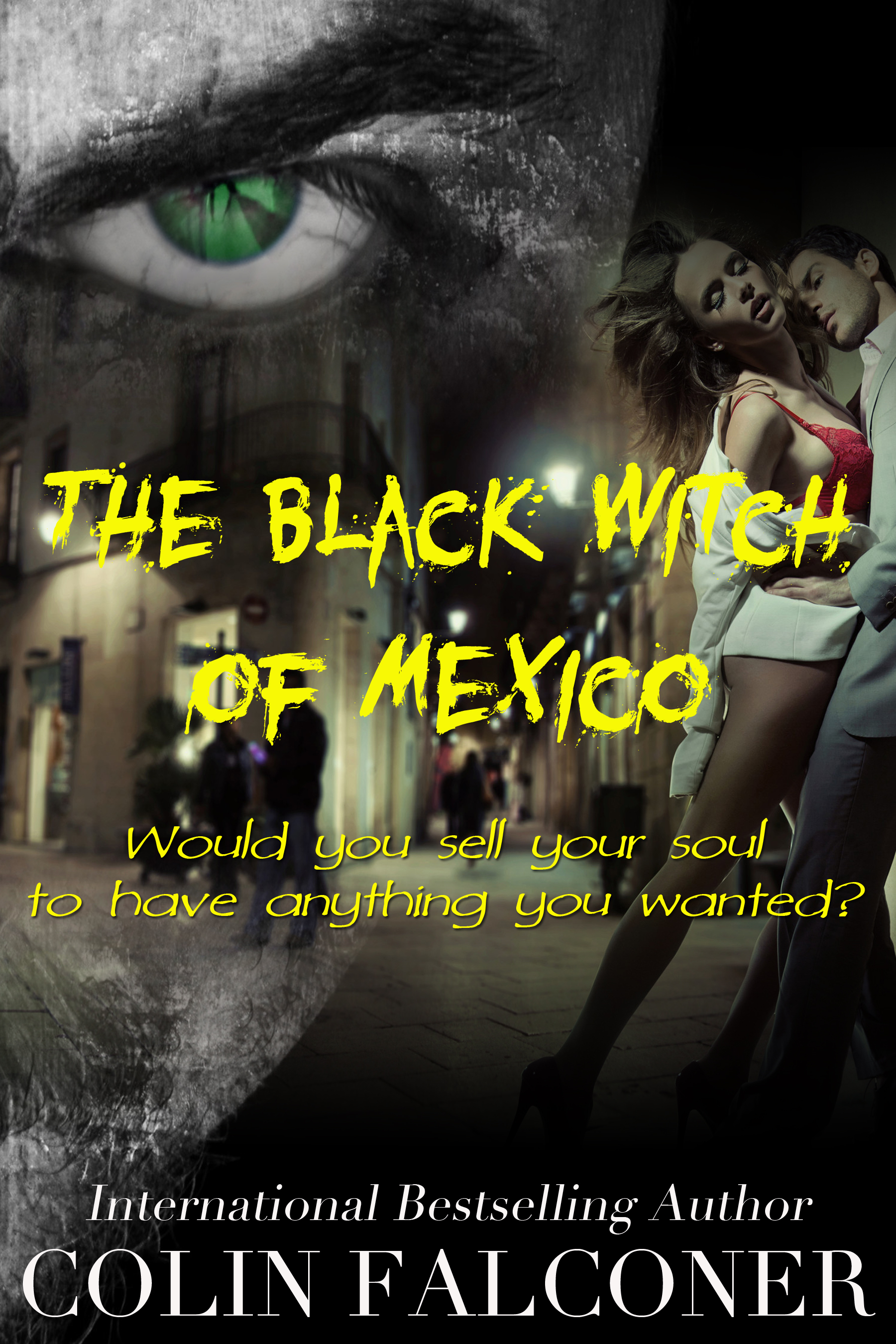

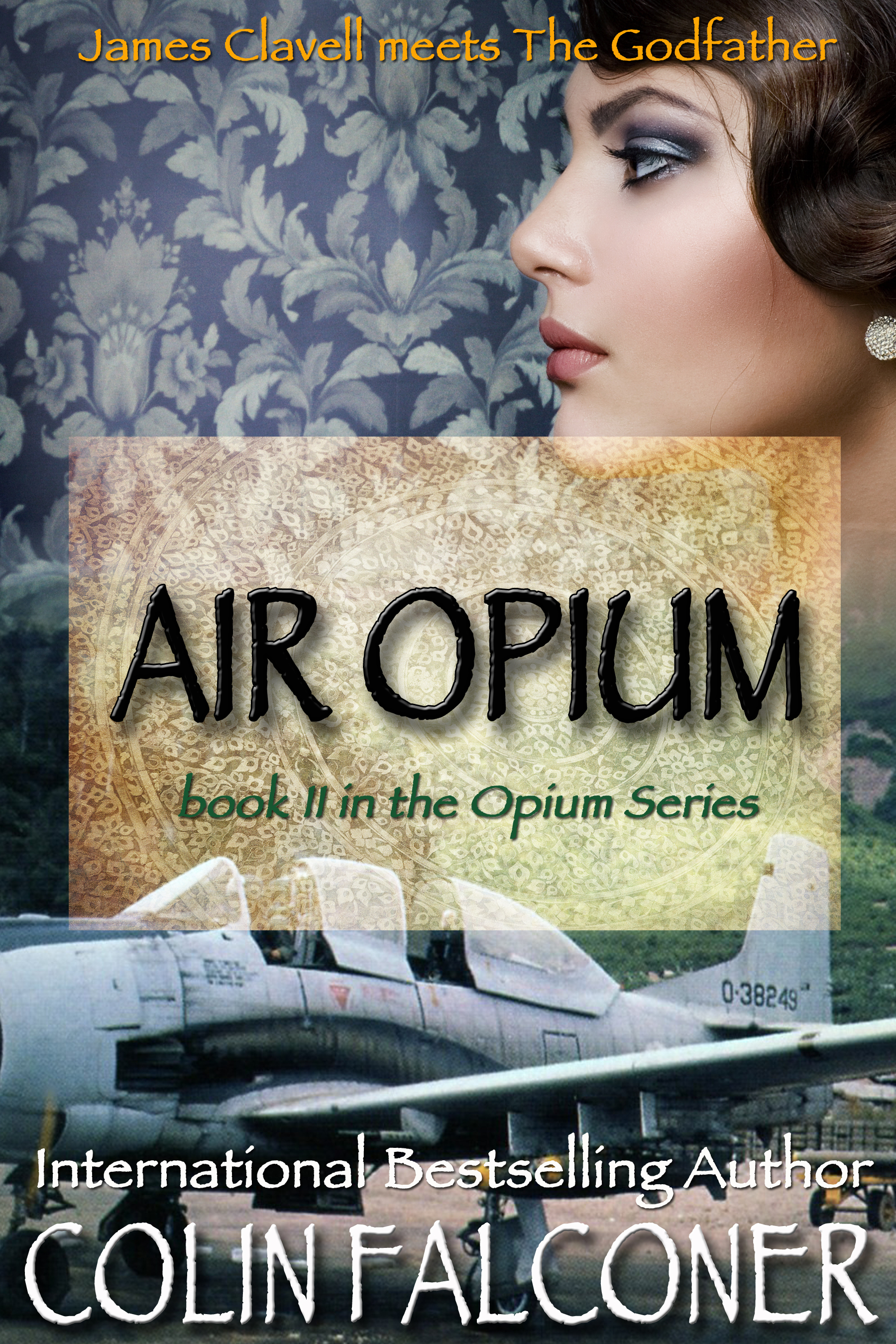
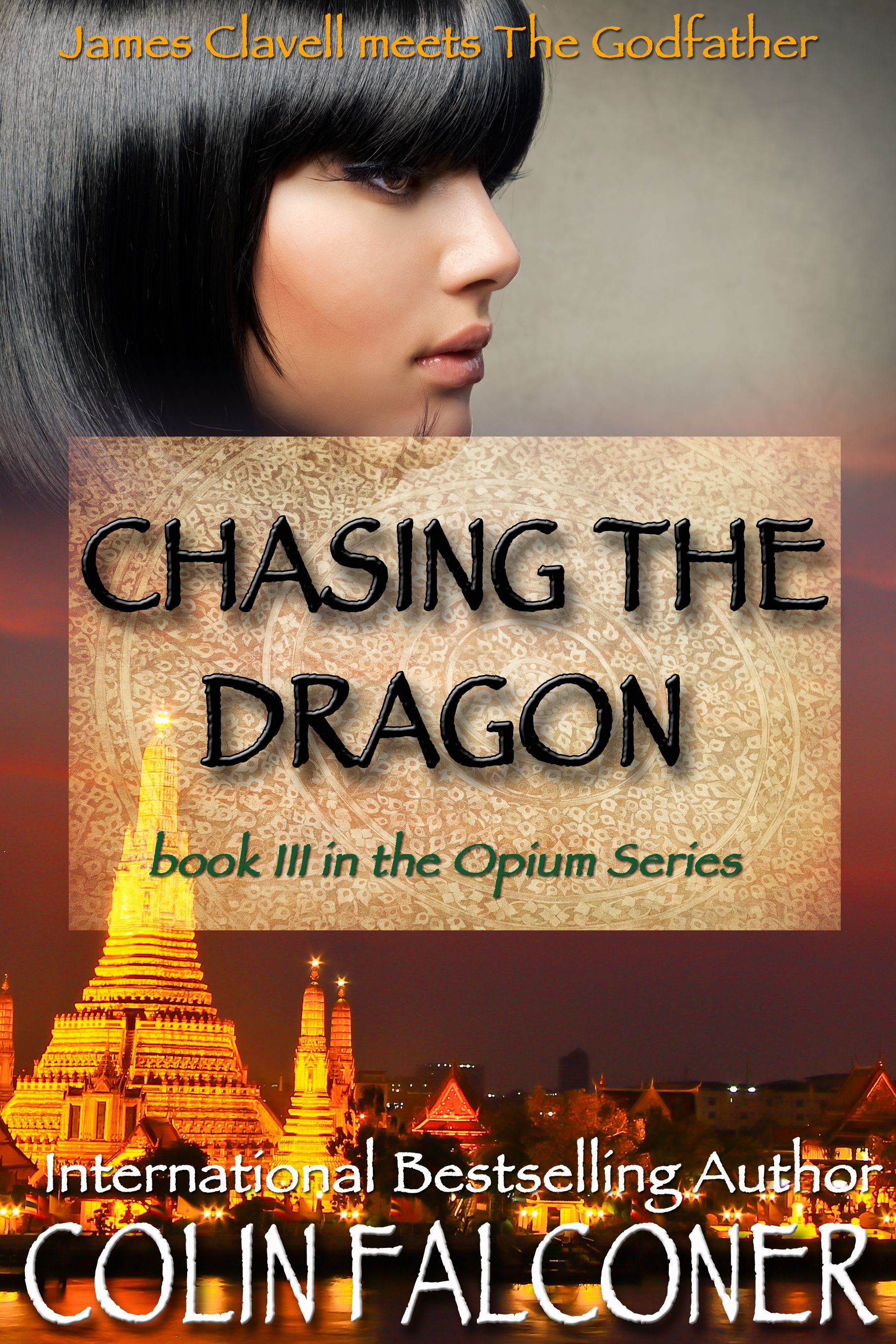
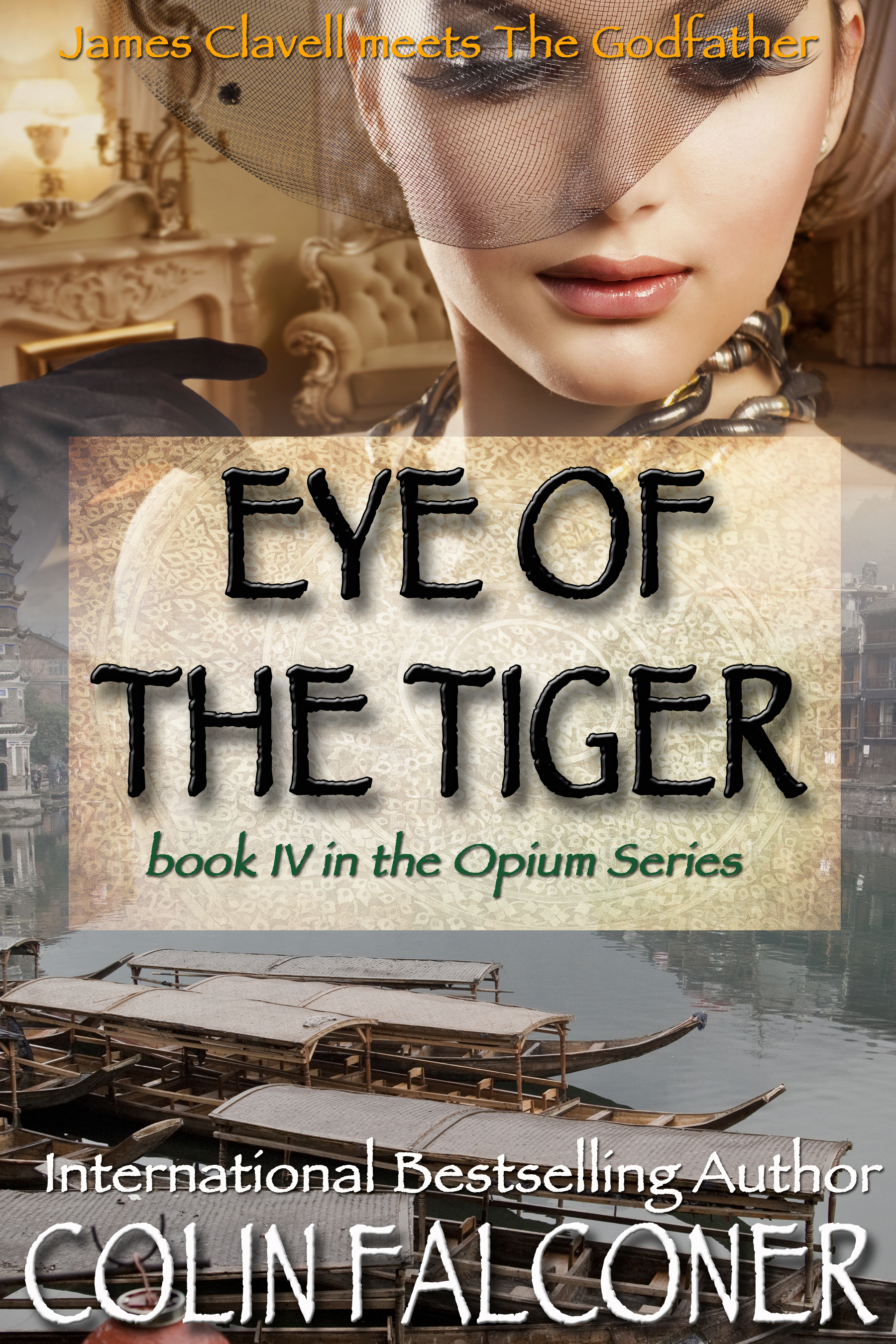
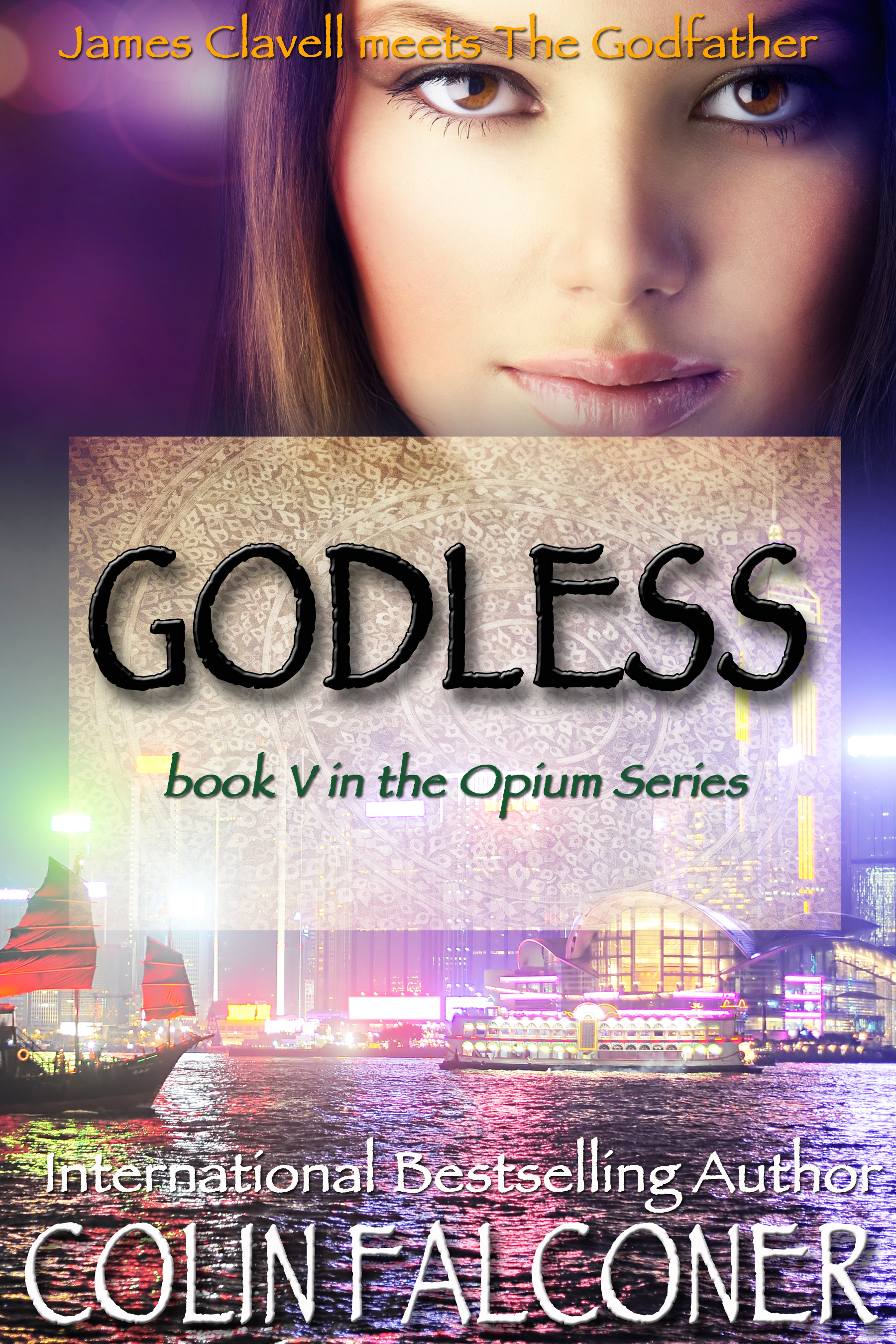
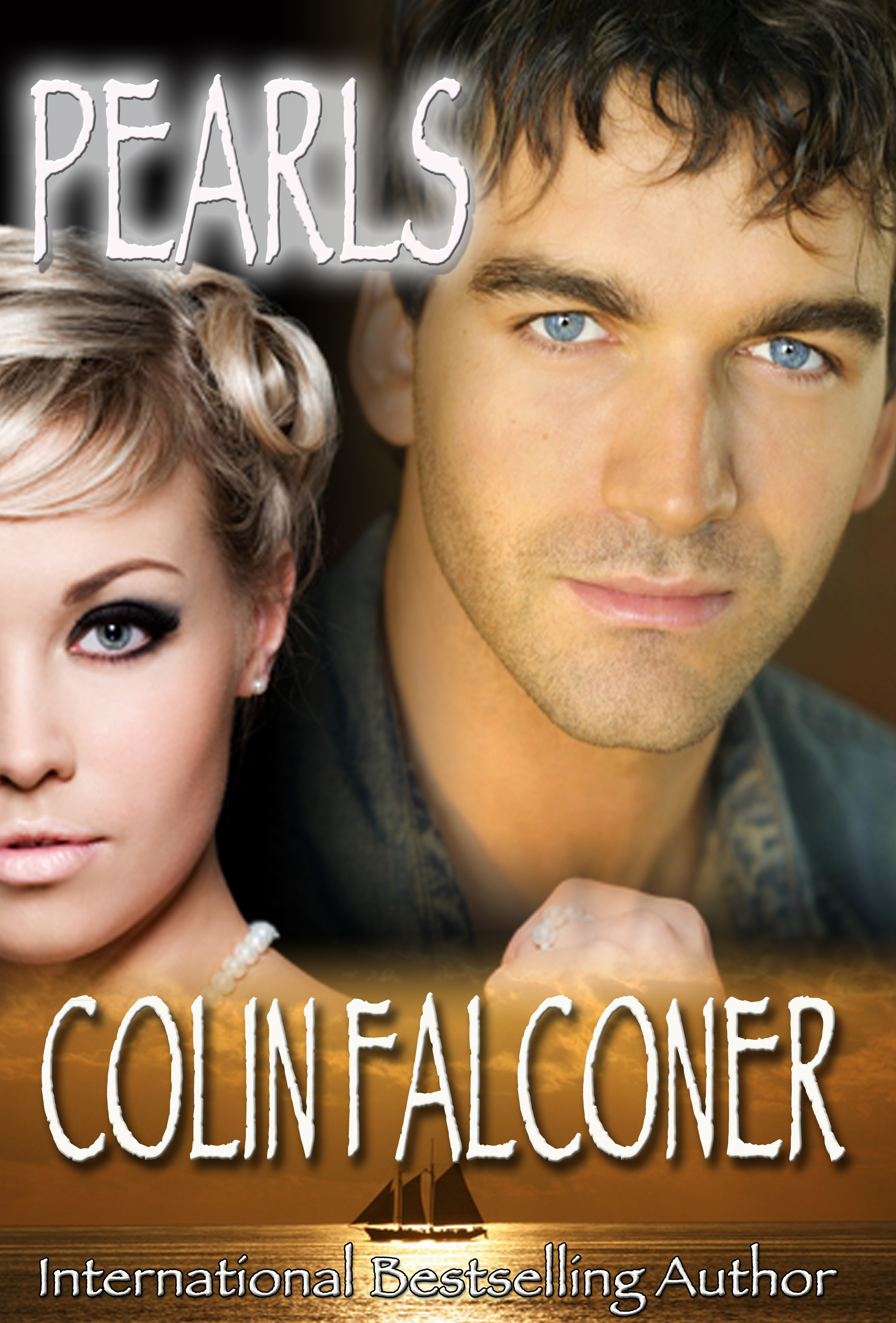

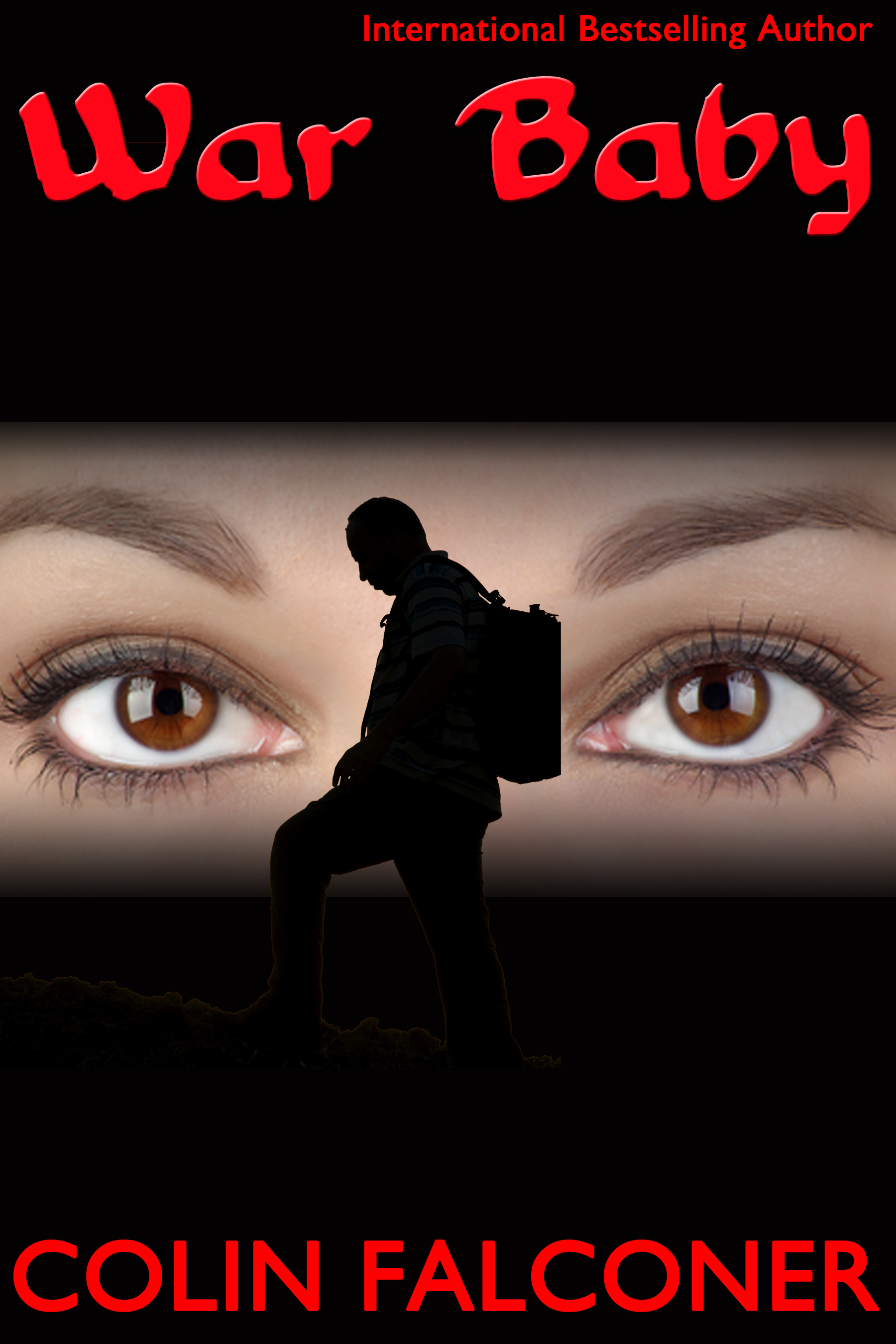

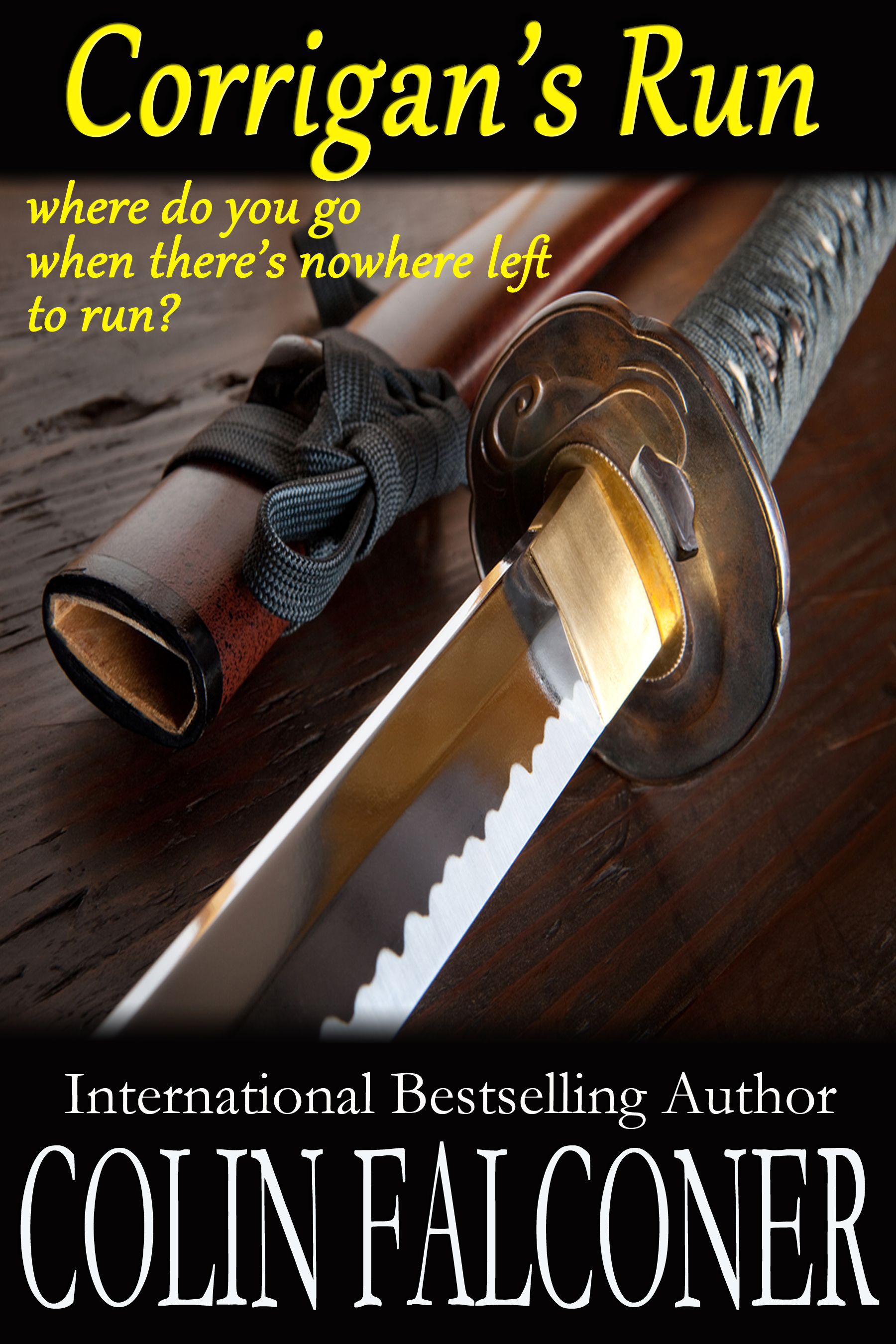
Kate, I really look forward to reading your books. ‘Debasing the record’ does seem like an unfounded anxiety on the part of Thomas Keneally. I’m studying Theology at the moment and its a matter of accepted record that nearly the entire Old Testament uses such methods to transmit what is timeless and ageless and as relevant to today as it was 5000 years ago, through ‘not so accurate’ characters in situations. It’s really a sacred gift of a storyteller to create the characters and circumstances that bring the important facts to life for the living of today.
Good to know of you, Kate…Thanks Colin.
*** through ‘not so accurate’ characters **and** situations.
Well I picked a wonderful day to drop in! Very nice post Kate!
I’m not sure if I’m following you correctly. Please excuse me if I misunderstood. Is there something wrong with weaving a story around a historical time period? I like it. I think it gives attention to a period of time that might have been forgotten. Sometimes it’s nice to read about a little history. It may take our minds away from the present, which for some of us may not be very pleasant at the moment.
Thank you Colin for introducing us to Kate! I look forward to reading your books. I wish you all the best!
Hi Karen - thanks! That’s what I (and a lot of historical authors), do - weave a fictional story around historical fact. Keneally was arguing for something else, I think, which makes for an interesting debate.
Historical fiction is called historical FICTION for a reason. I agree with your post. I am glad I clicked on this from Twitter. I would like to read your books. They sound very interesting.
Just stopping by from Lara’s blog. I’d love to read a book about the women who flew Spitfires… that sounds like a great adventure
Hi Trish, Jeanine and Mark - thank you. Next time I get that question, I shall invoke the Old Testament thank you Colin, for hosting. K
thank you Colin, for hosting. K